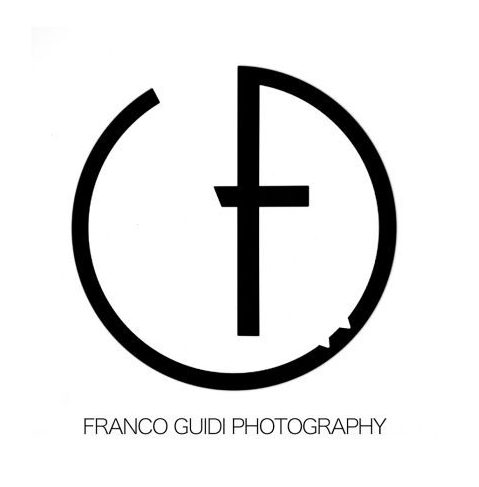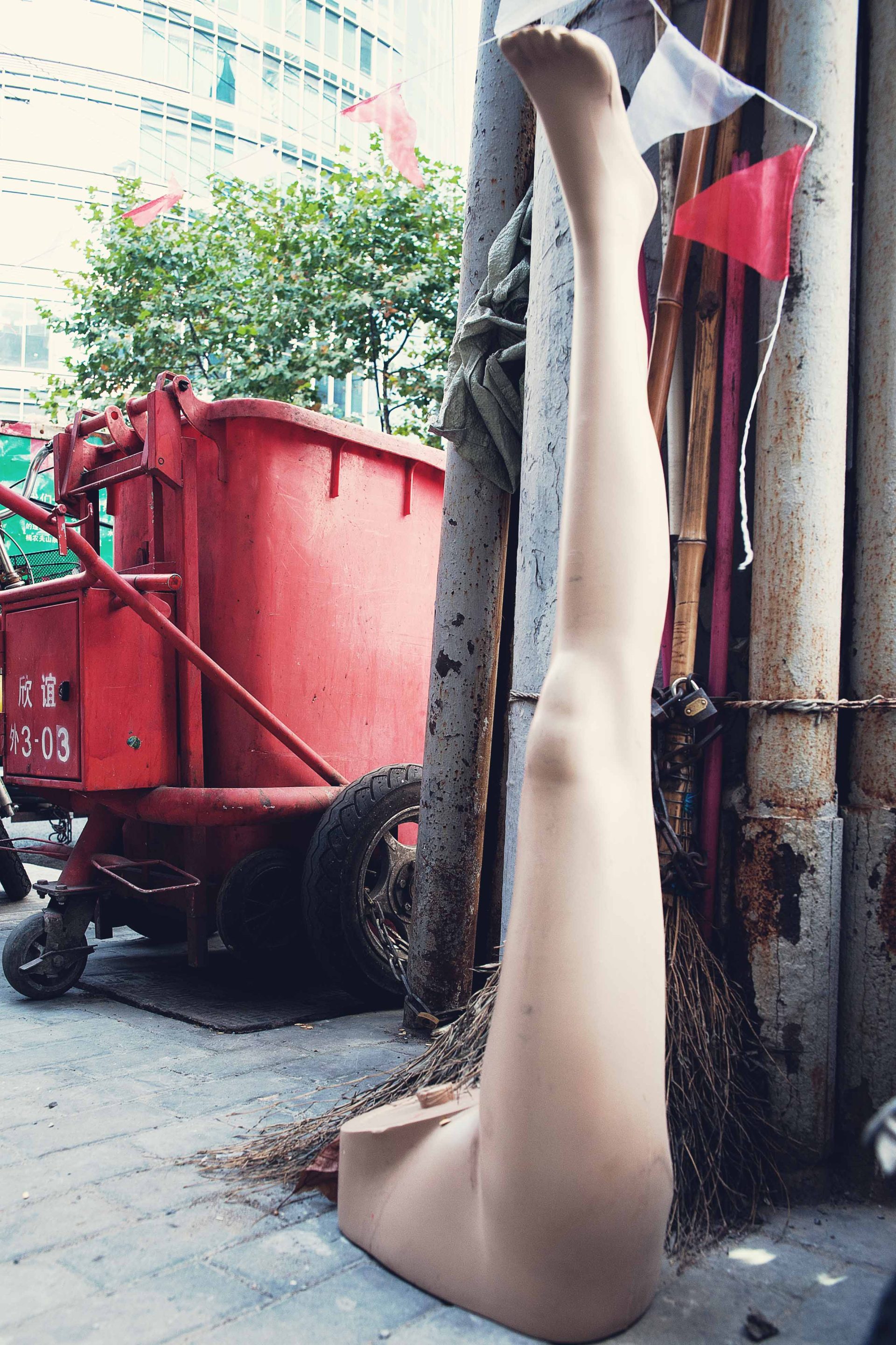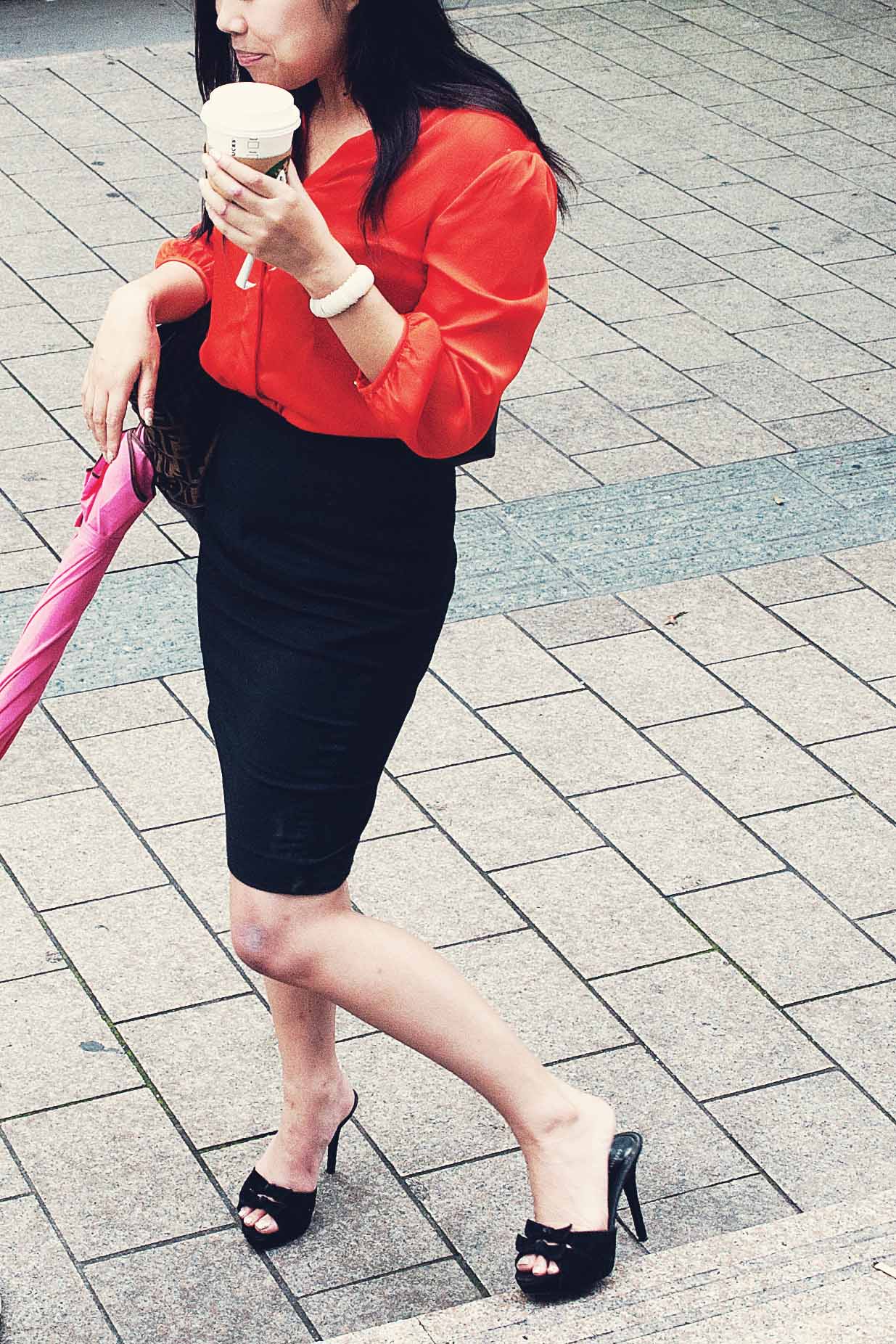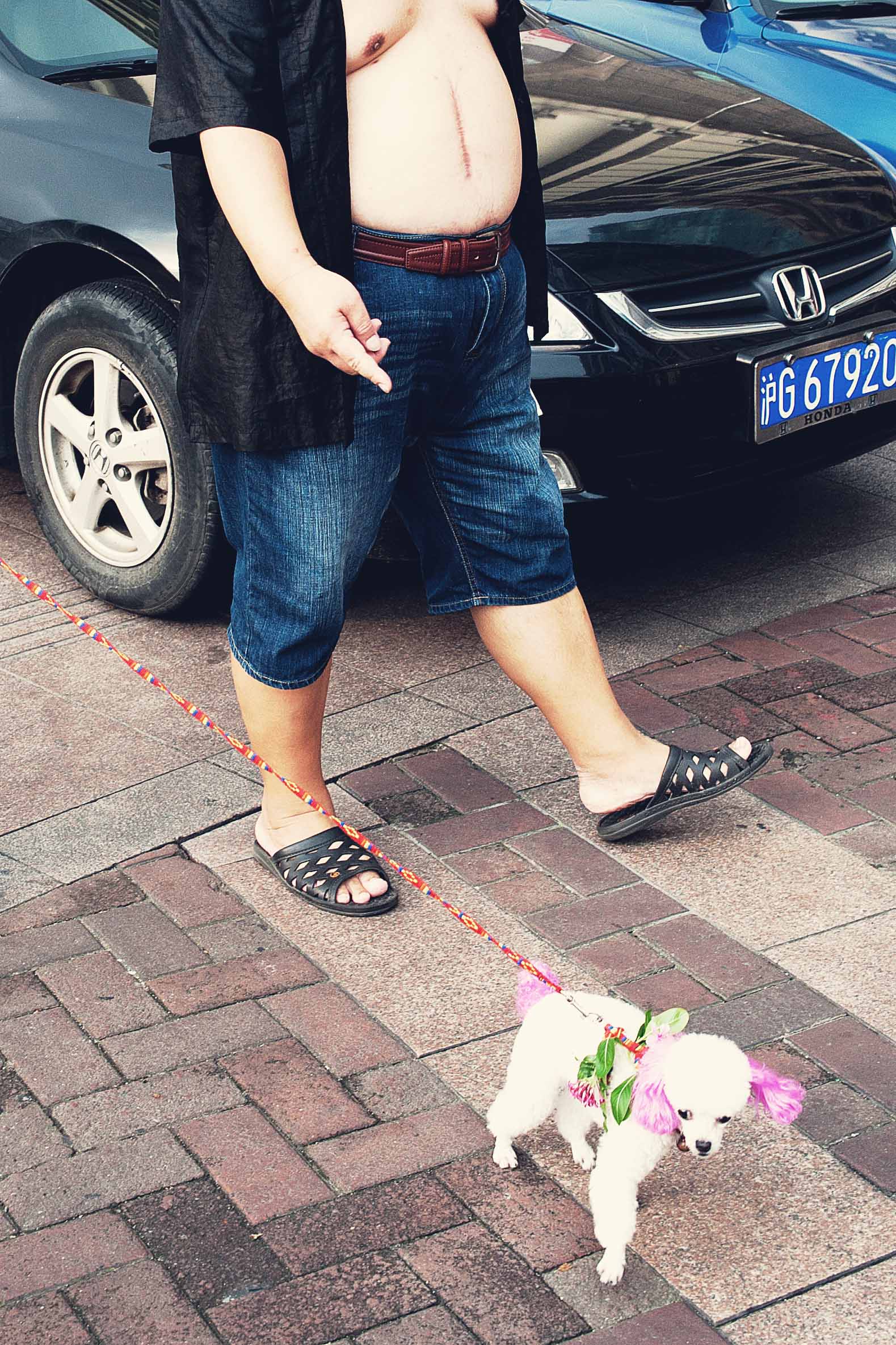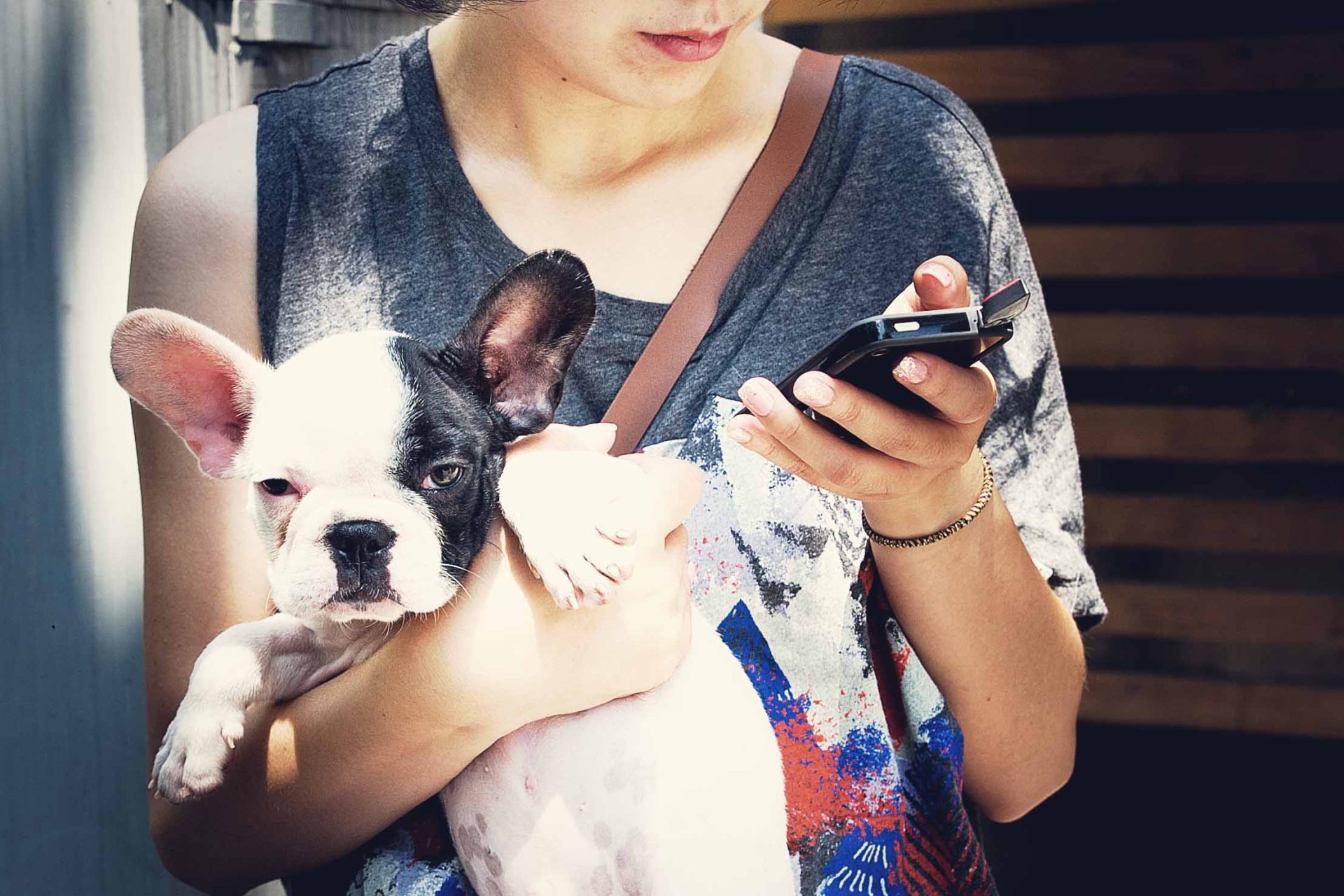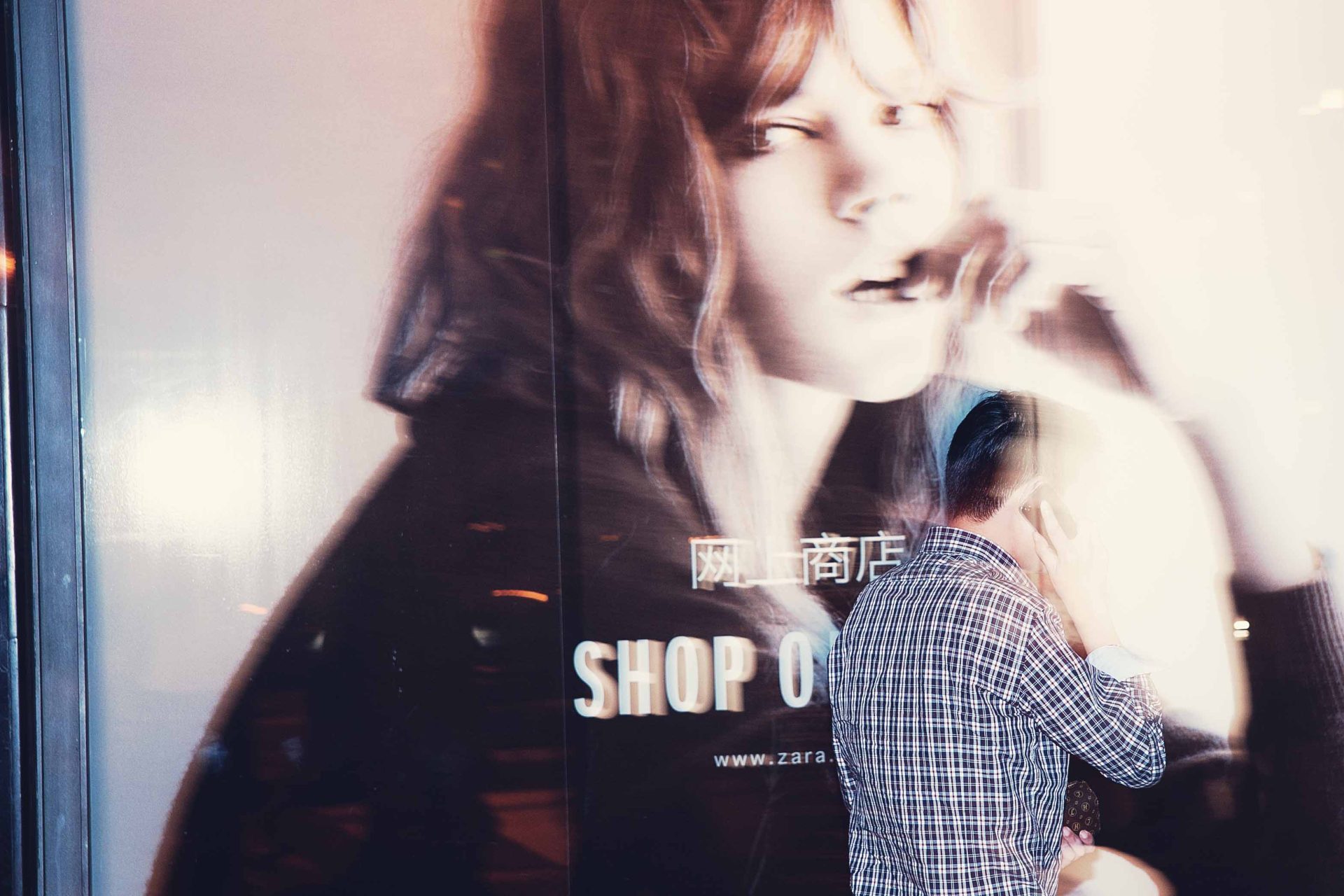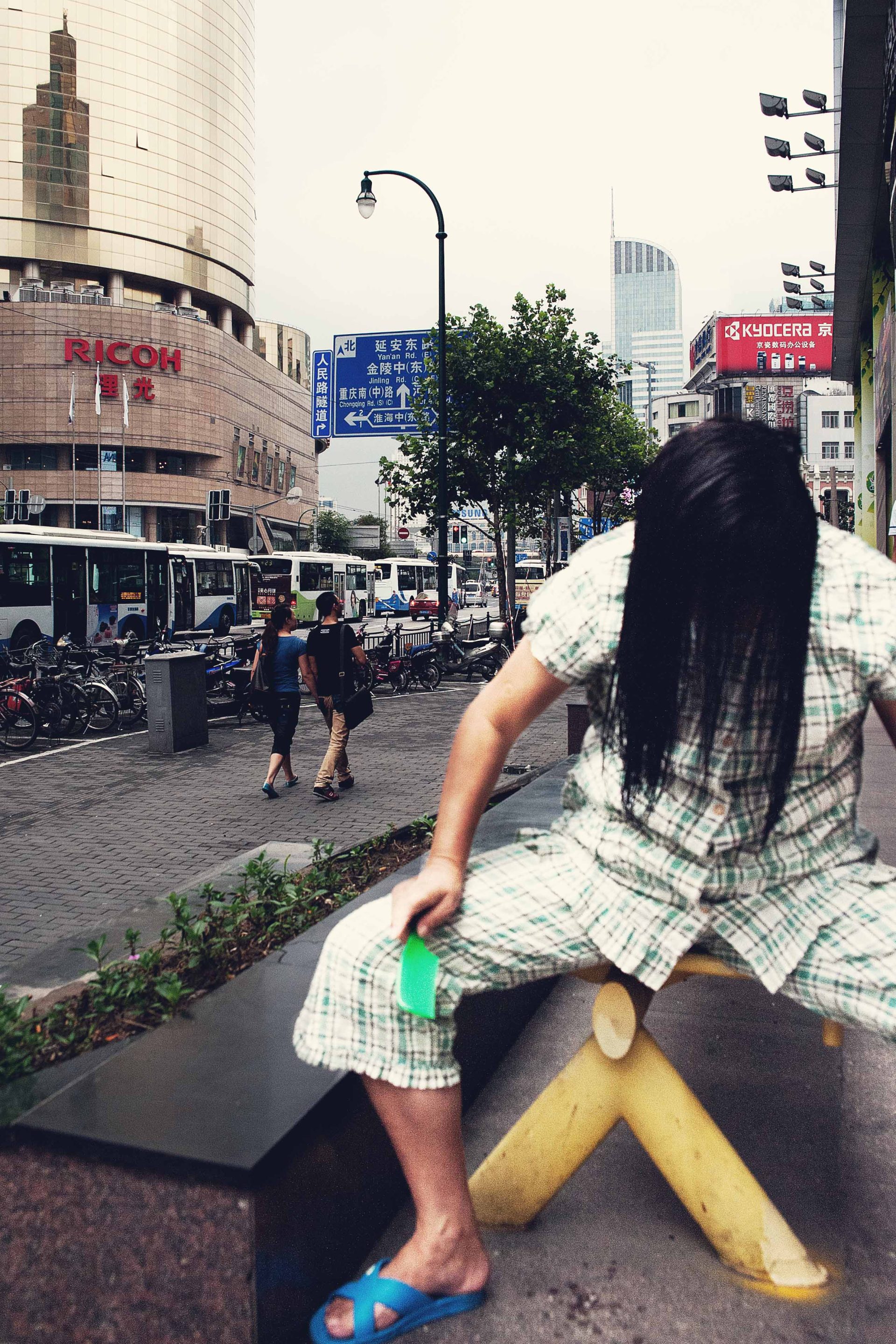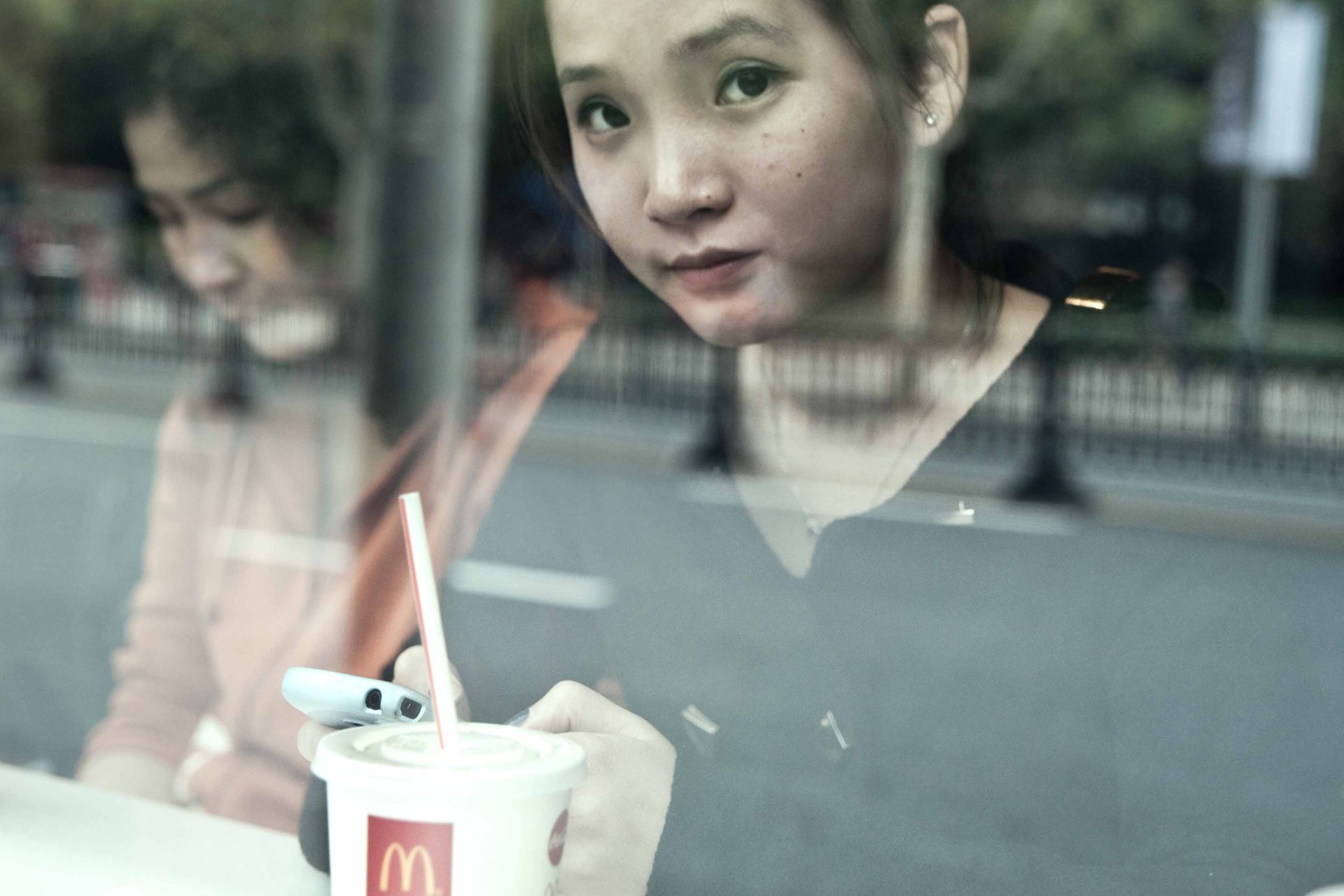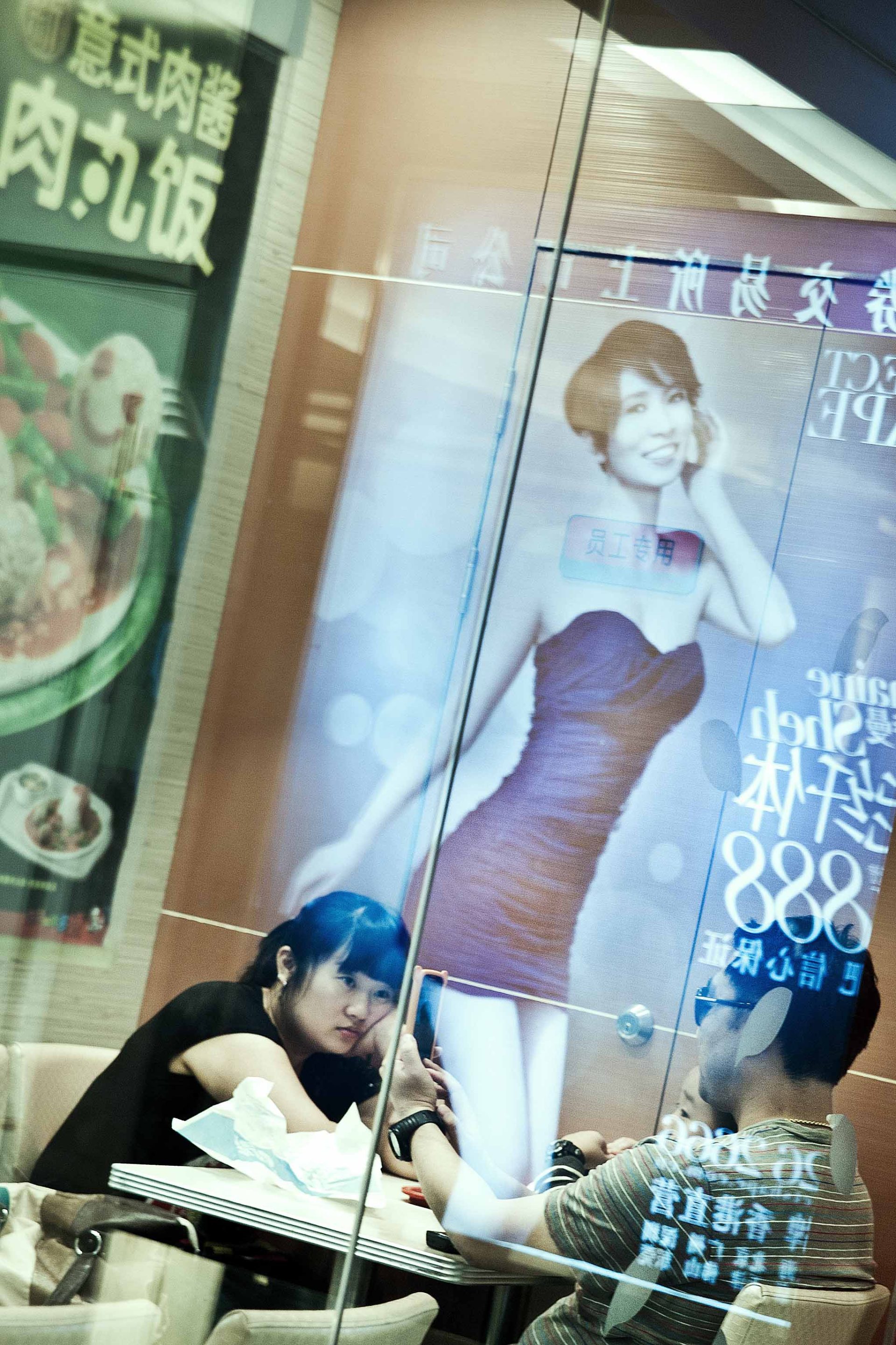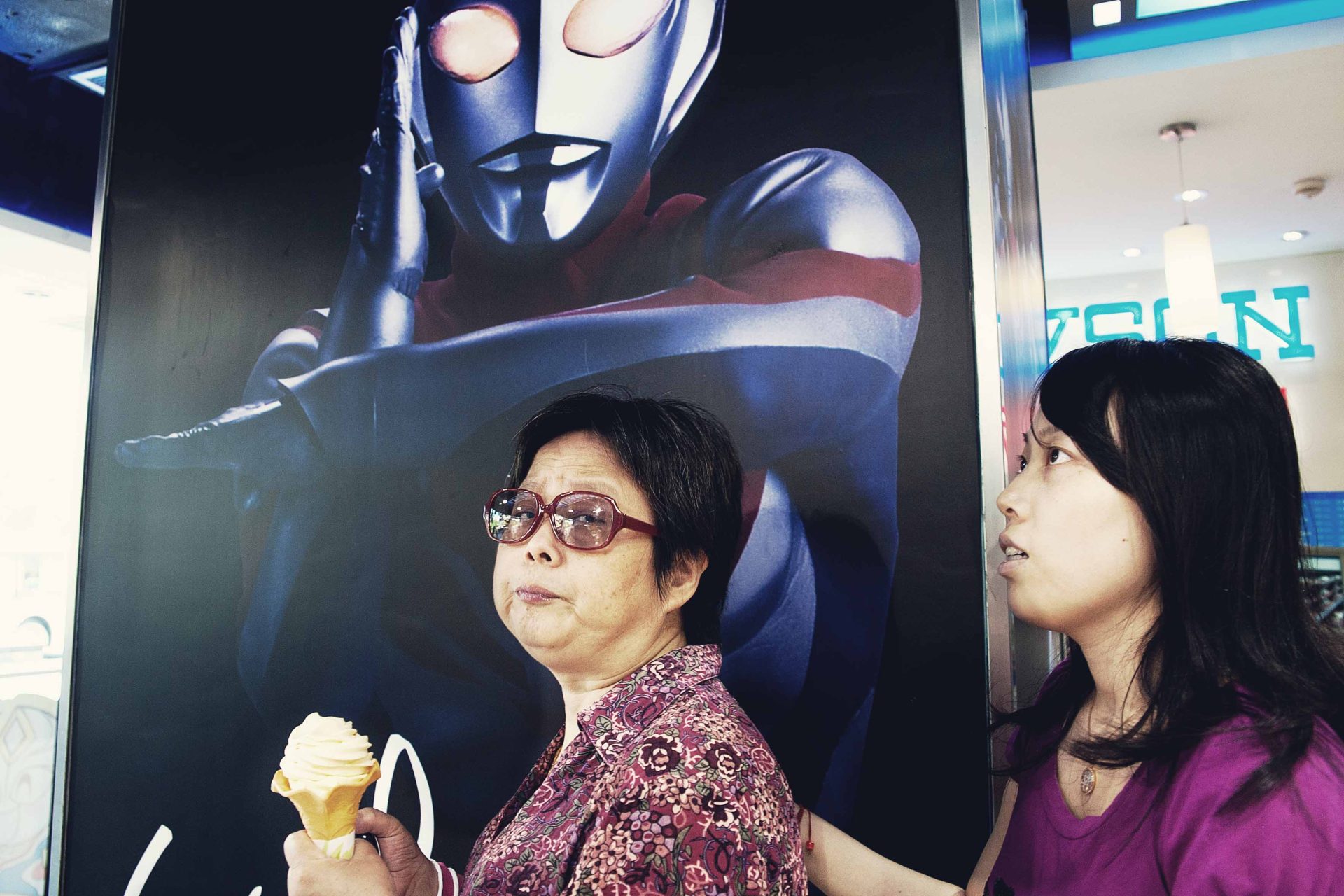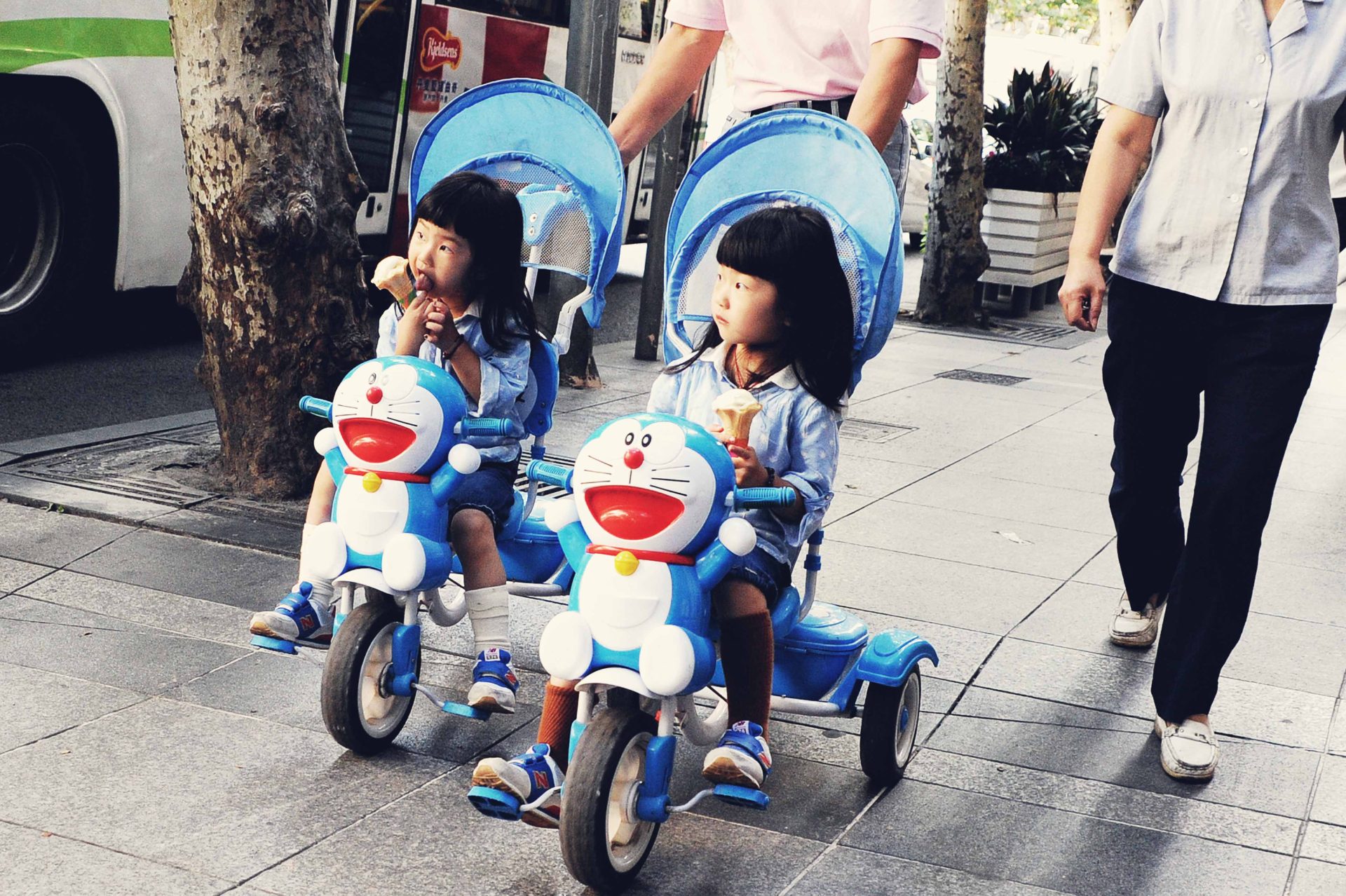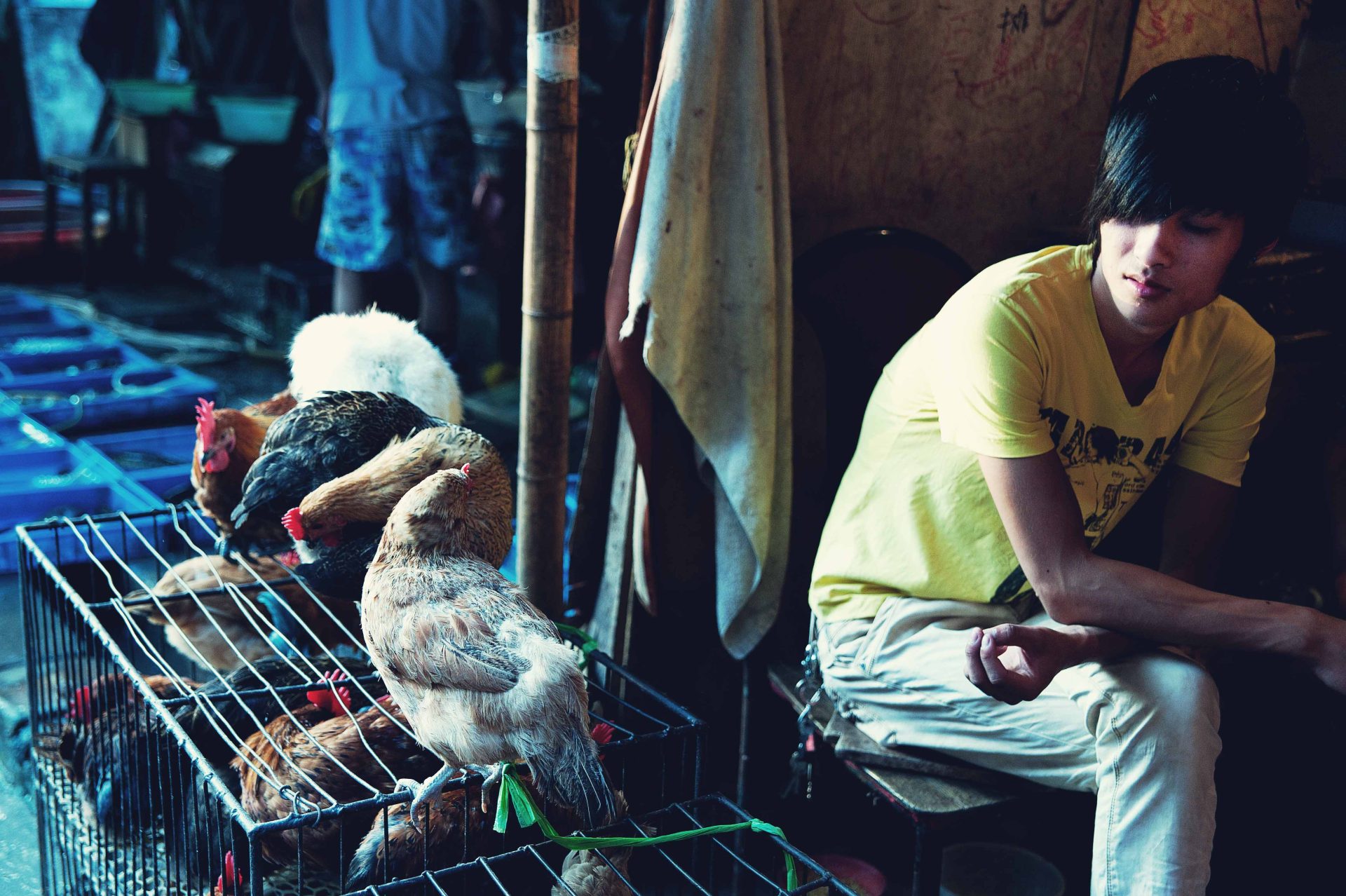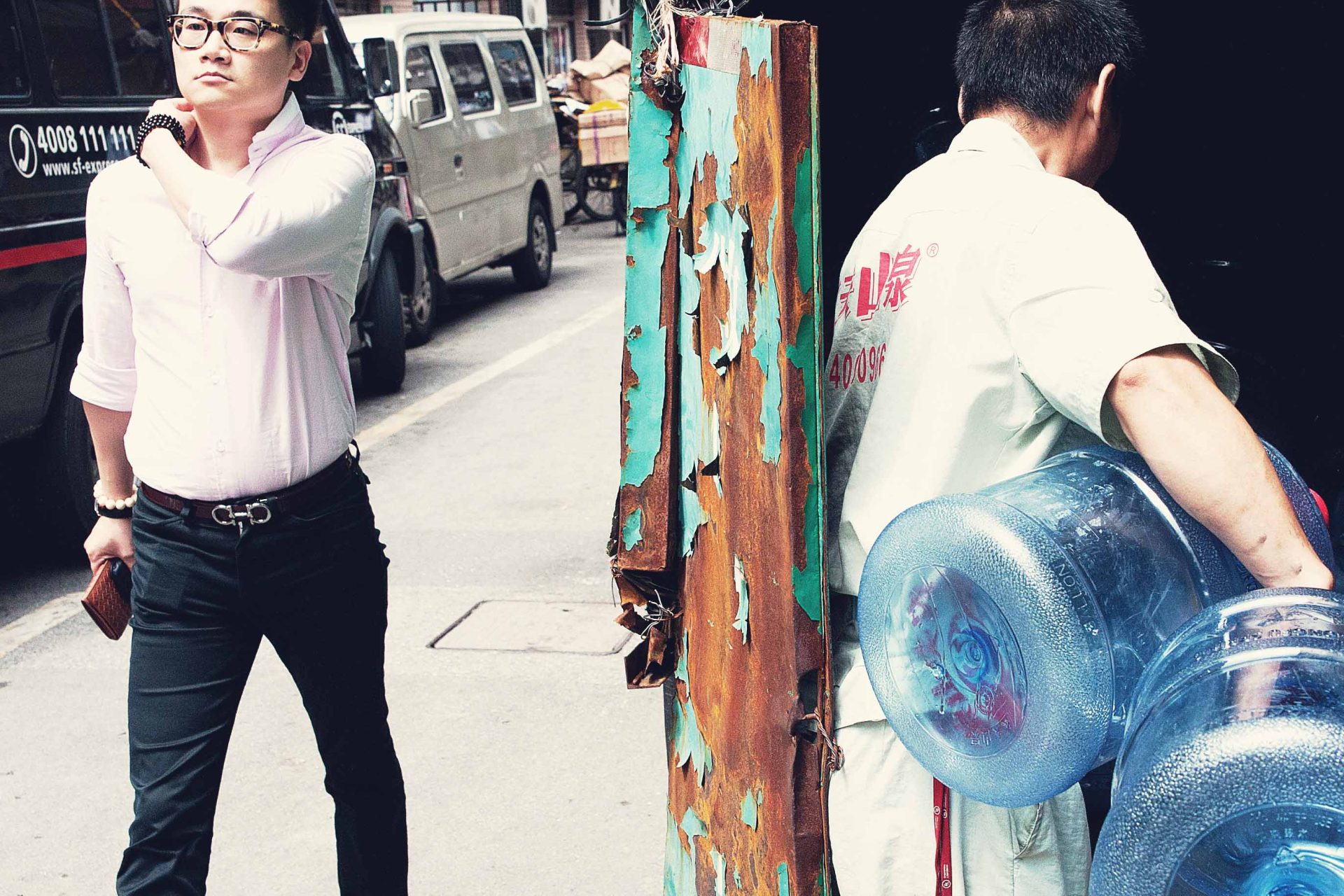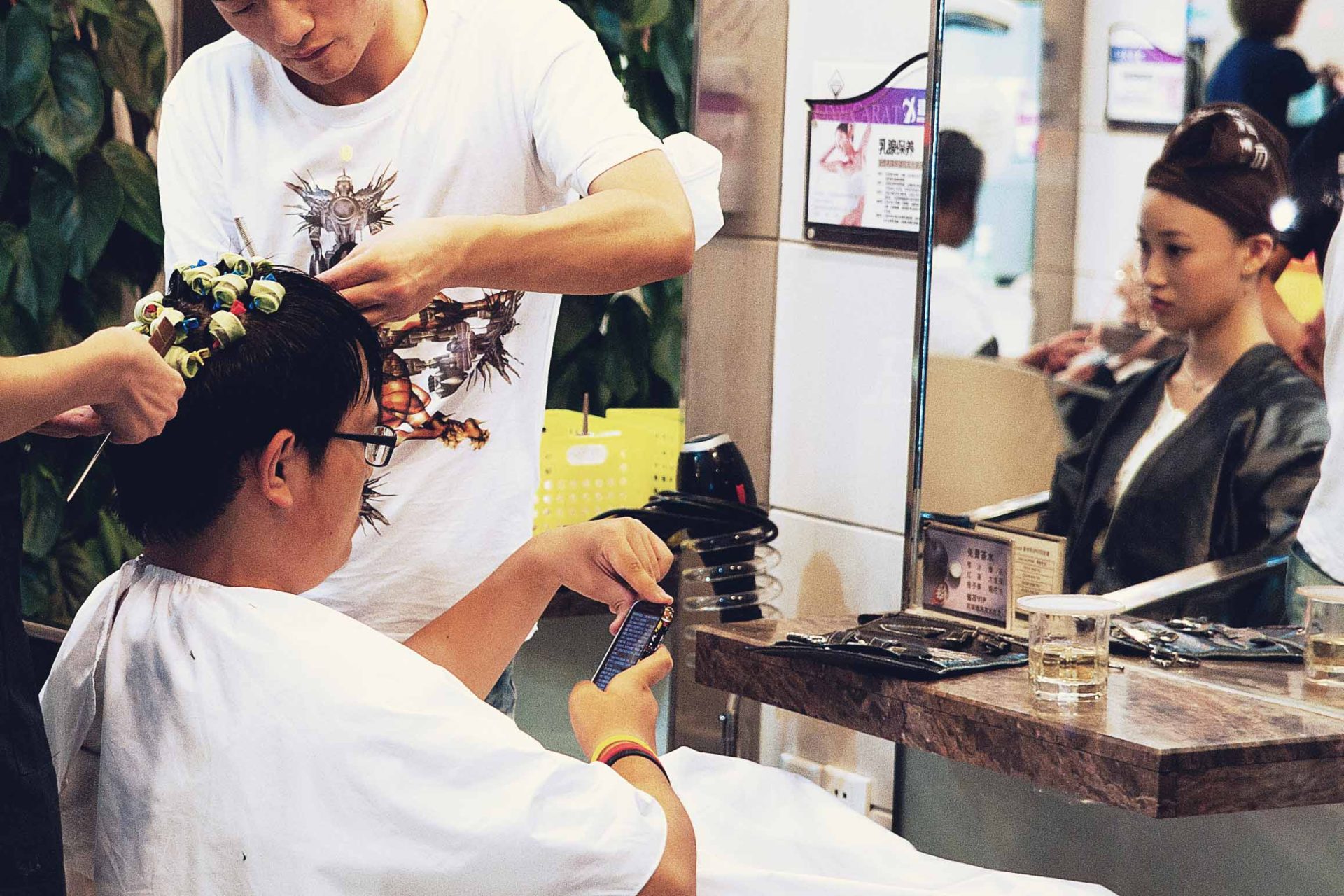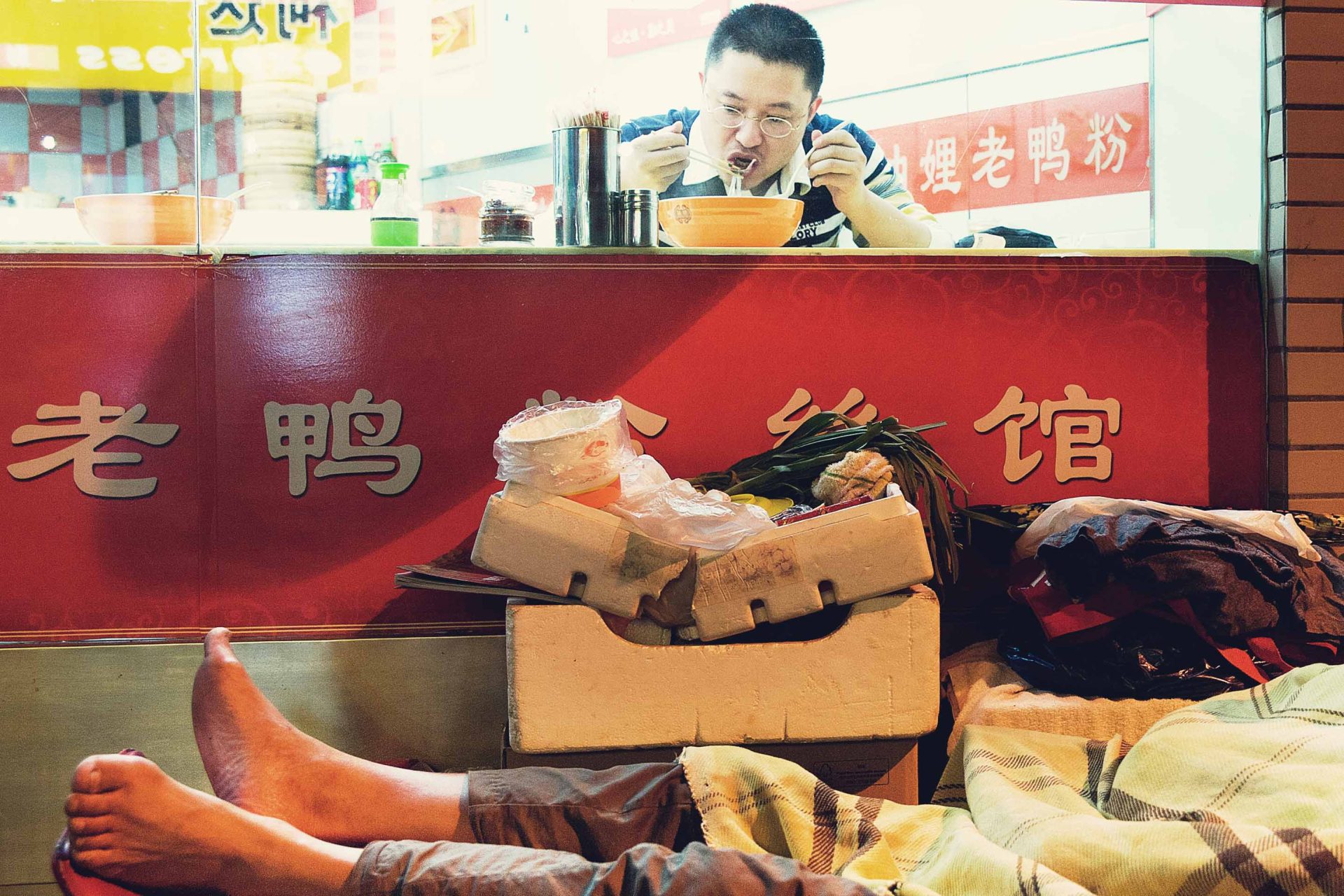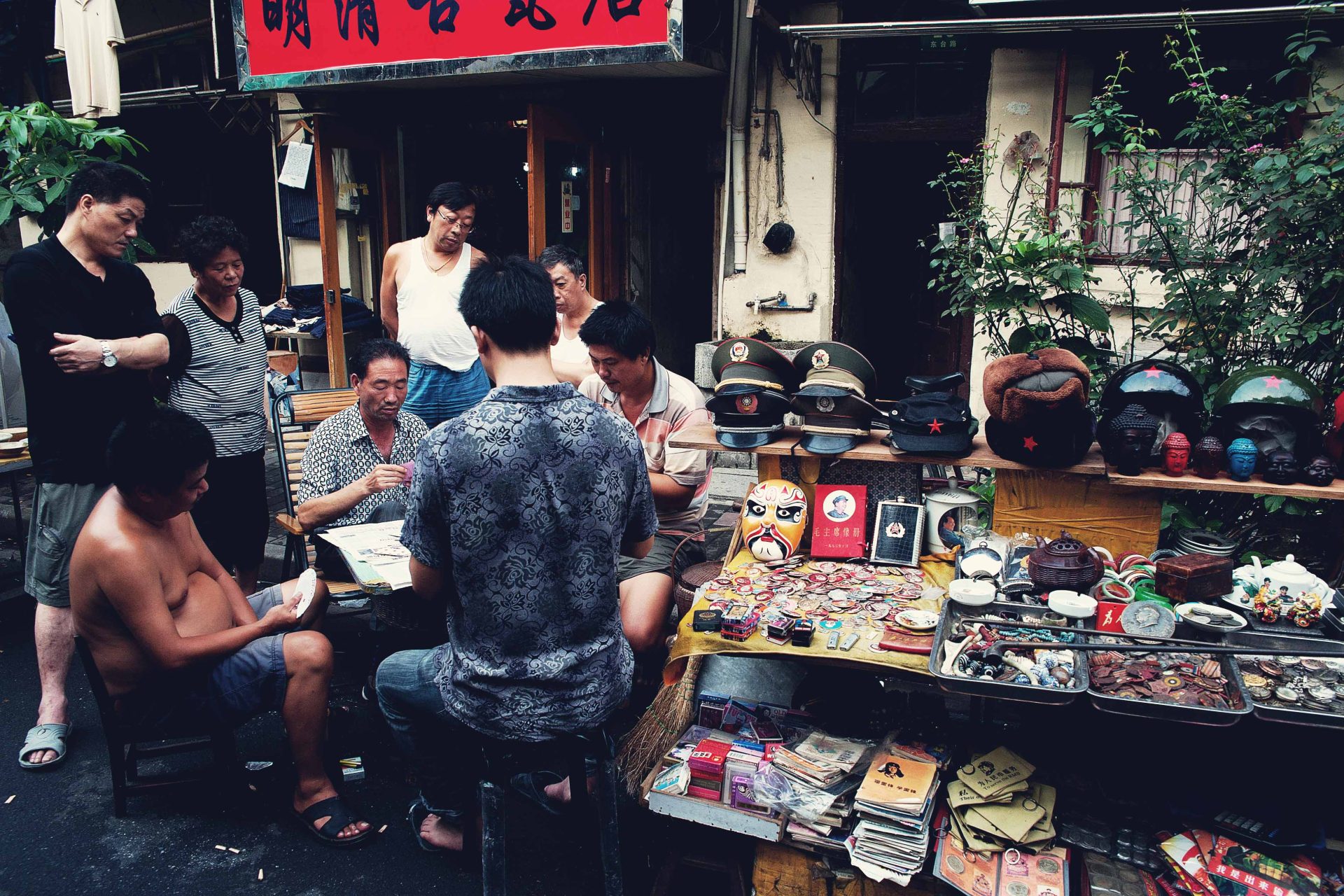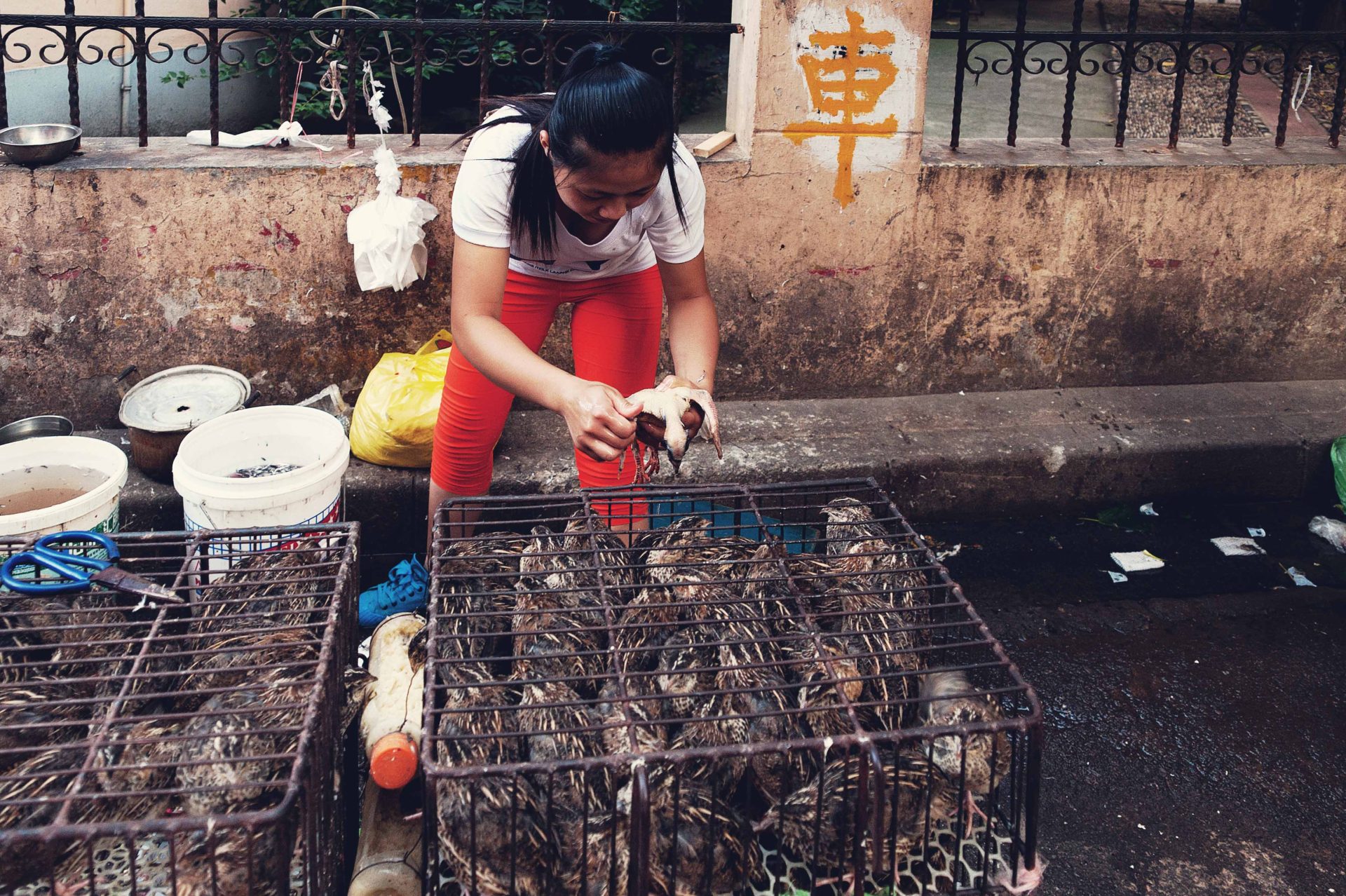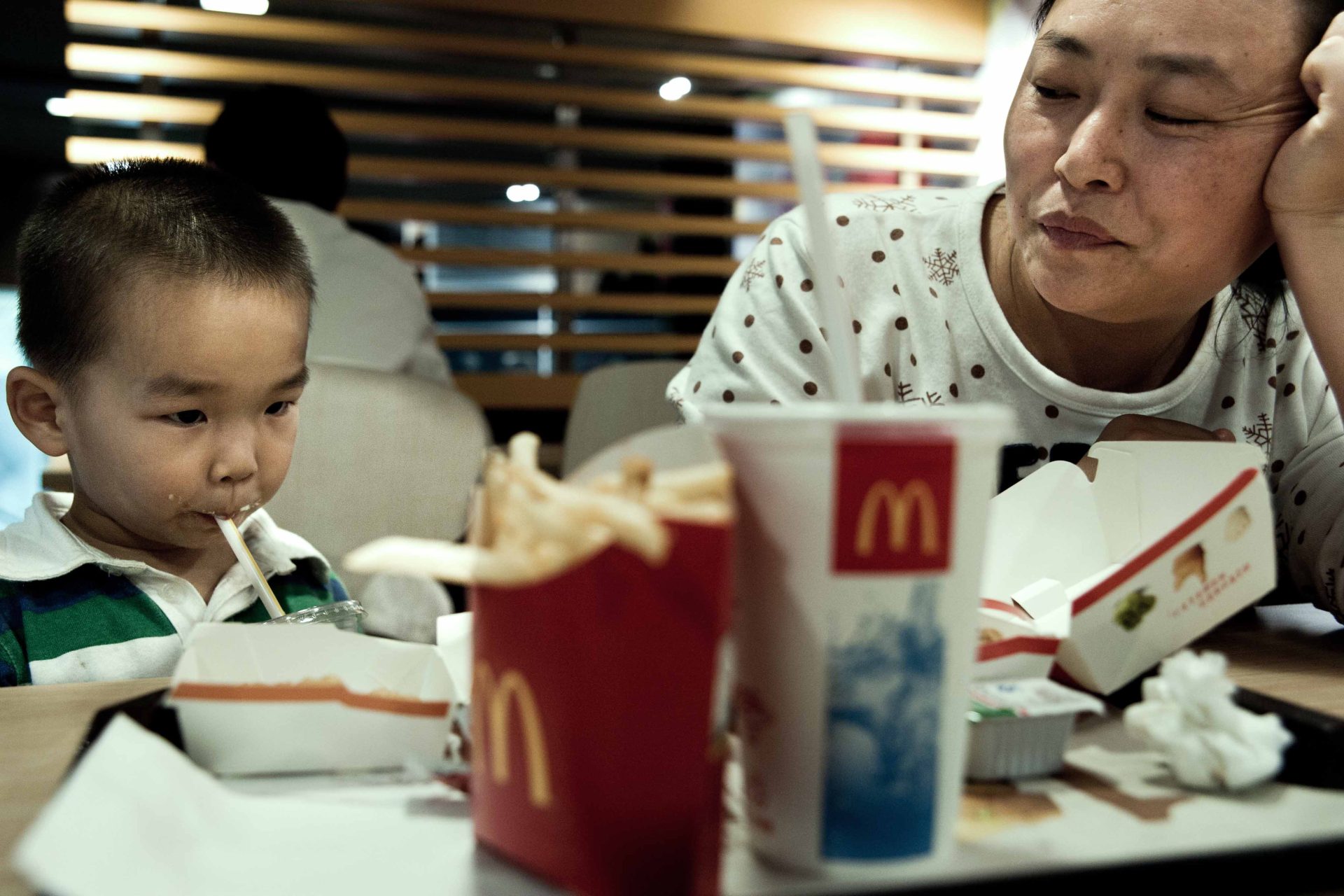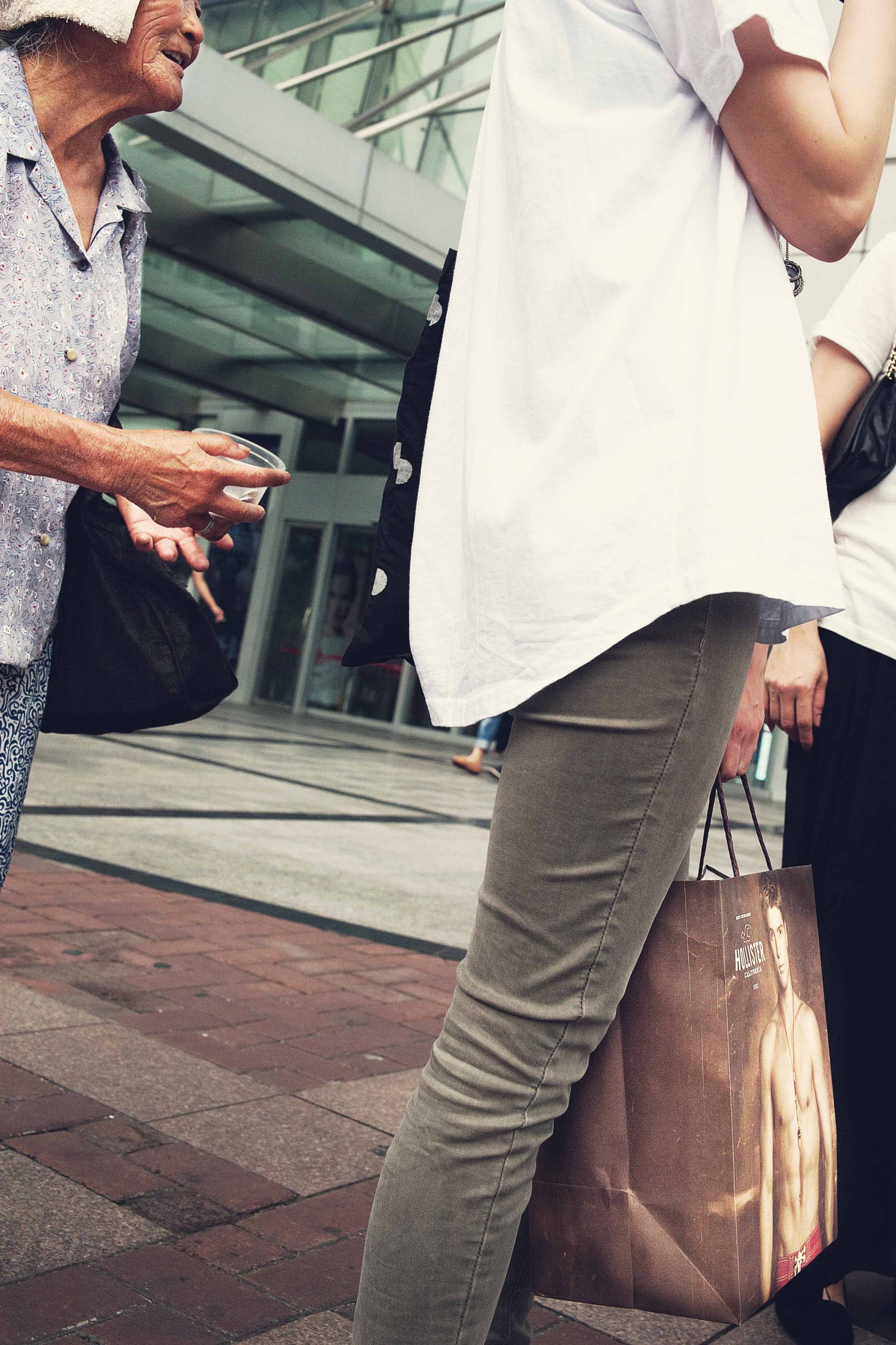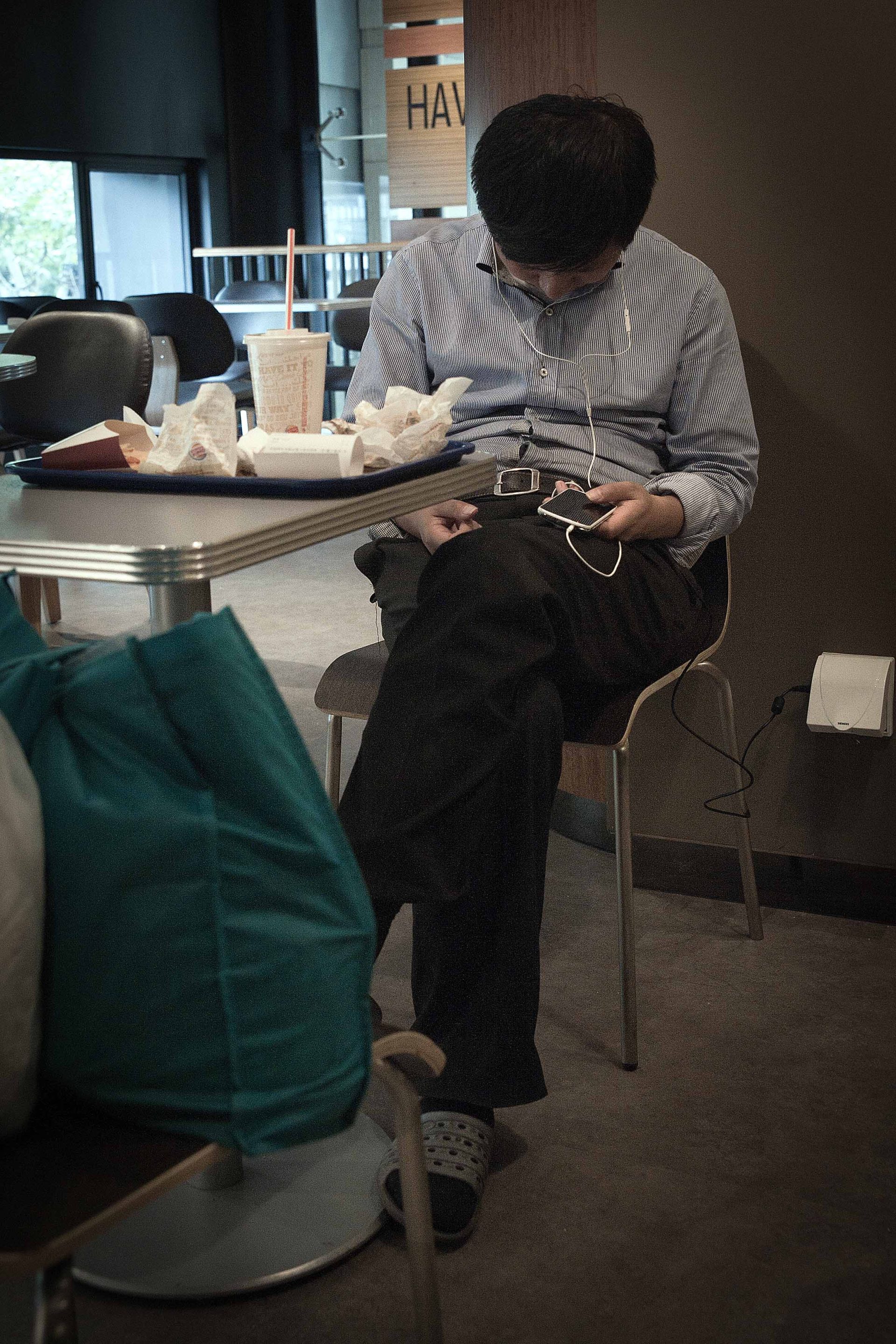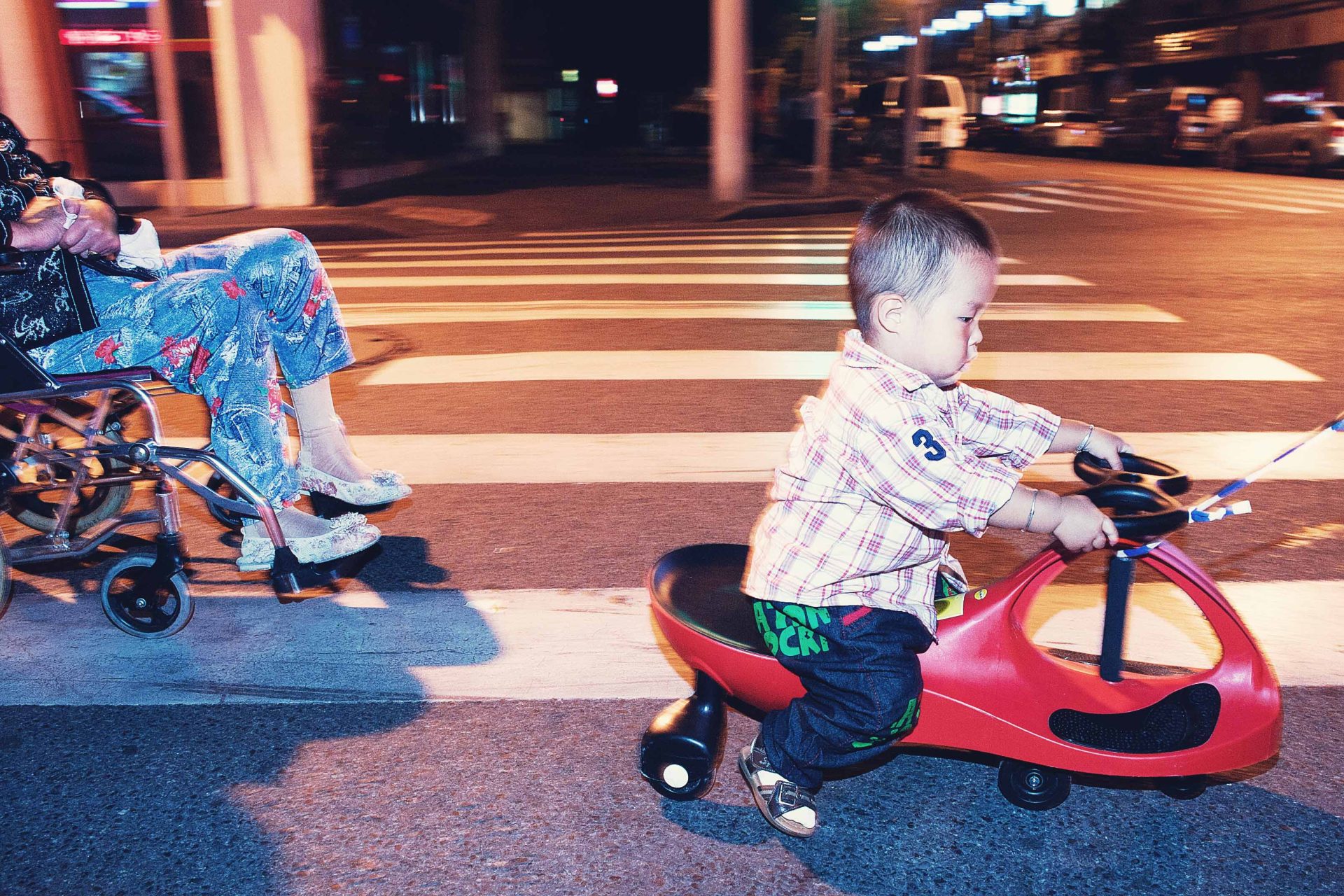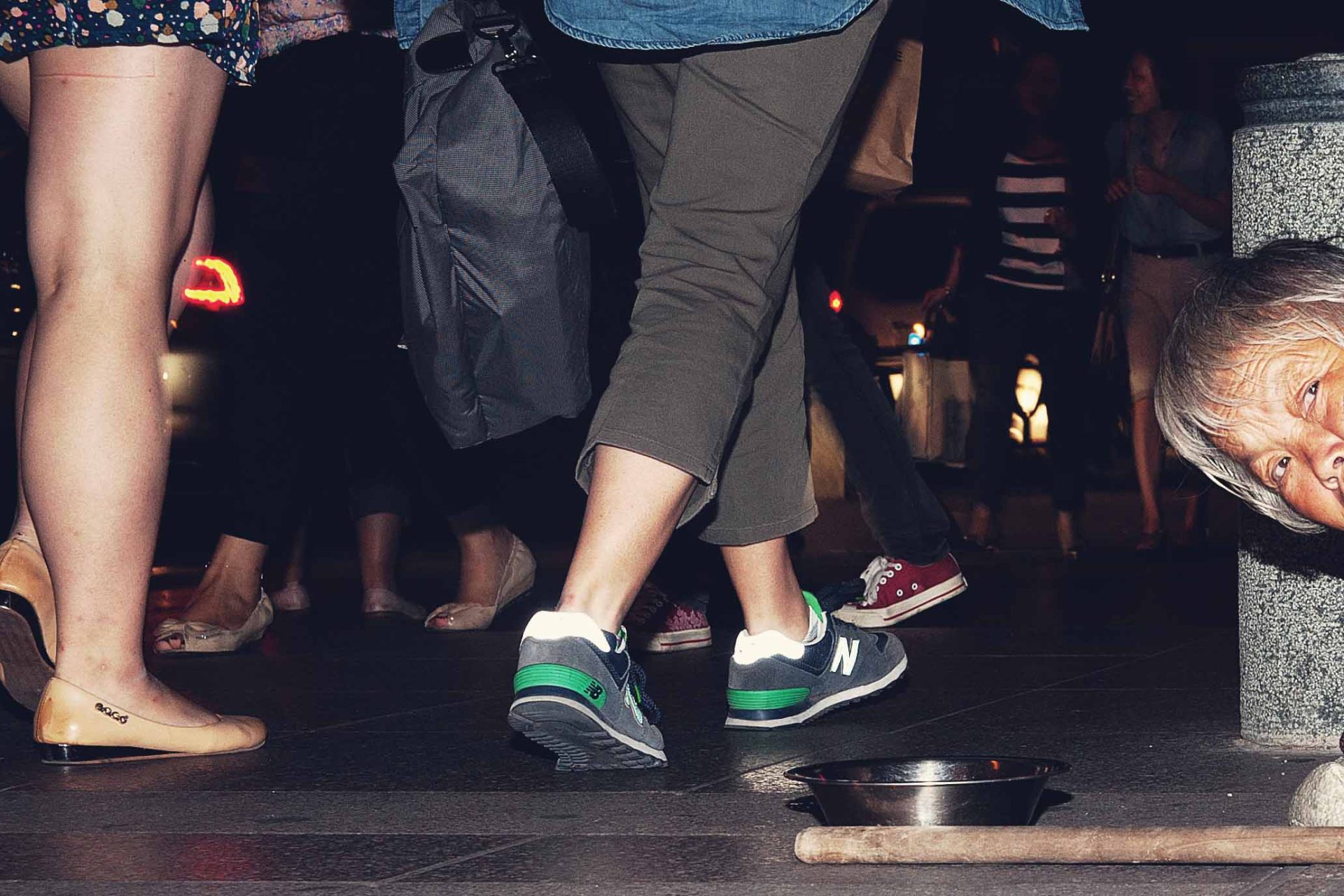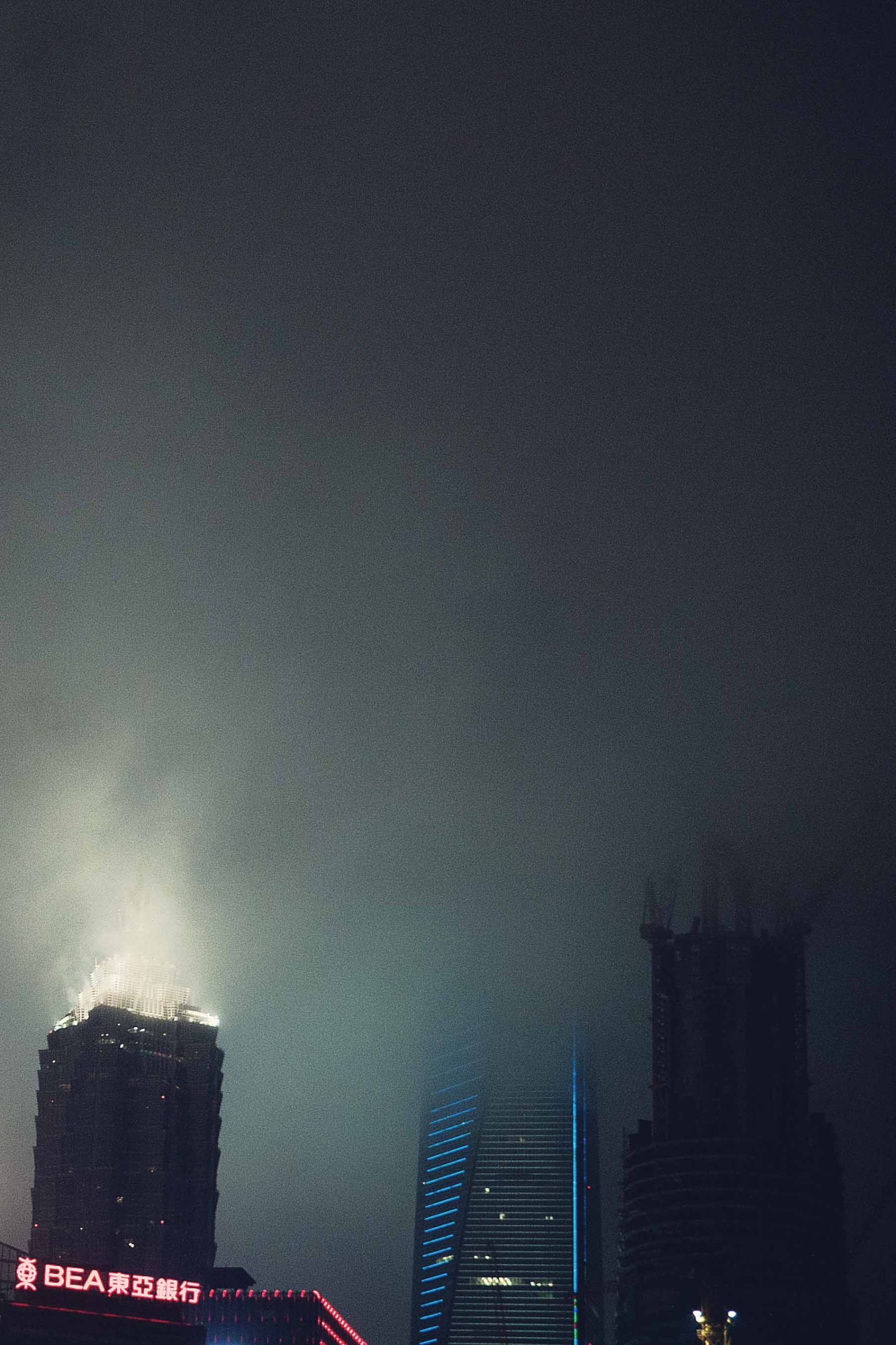Shanghai Goes Pop! - The Emergence of China’s New Middle Class Visual Culture, Identity, and the Rise of China’s Consumerism Shanghai Goes Pop! is the result of a personal visual journey through one of the most dynamic and fast-changing cities in the world. Over several months in Shanghai, I explored how the rise of China’s urban middle class is transforming not only the city’s skyline but its visual culture, everyday life, and artistic expression. With a projected 630 million people by 2022 and consumption expected to reach $3.4 trillion (24% of China’s GDP), China’s middle class has become a powerful force shaping national identity and global markets. If this demographic were a country, it would already outsize the population of the United States. Walking through Shanghai, I was struck by the city’s contradictions and visual energy—luxury malls rising next to ancient narrow alleyways, teenagers in designer sneakers posing under glowing ad screens, and Western fast-food chains like KFC and McDonald’s becoming embedded in the city’s street life. These aren't just signs of economic growth—they are symbols of shifting values of an identity. What stood out to me most, however, was how artistic expression in Shanghai mirrors this cultural evolution. In galleries and public installations, I saw pop aesthetics borrowed from Western advertising and pop art fused with the brushwork, motifs, and symbolism of traditional Chinese painting. This hybrid visual language—bright, layered, and sometimes ironic—reflects a deeper cultural question: what does it mean to be modern in China today? Shanghai Goes Pop! captures this collision of influences. It documents how consumerism, tradition, and global aspiration play out in the urban environment—and how people visually perform, inhabit, and reshape these forces in everyday life. This series is both a photographic essay and a personal reflection on how one city’s transformation tells a much larger story about identity, culture, and change in contemporary China.
